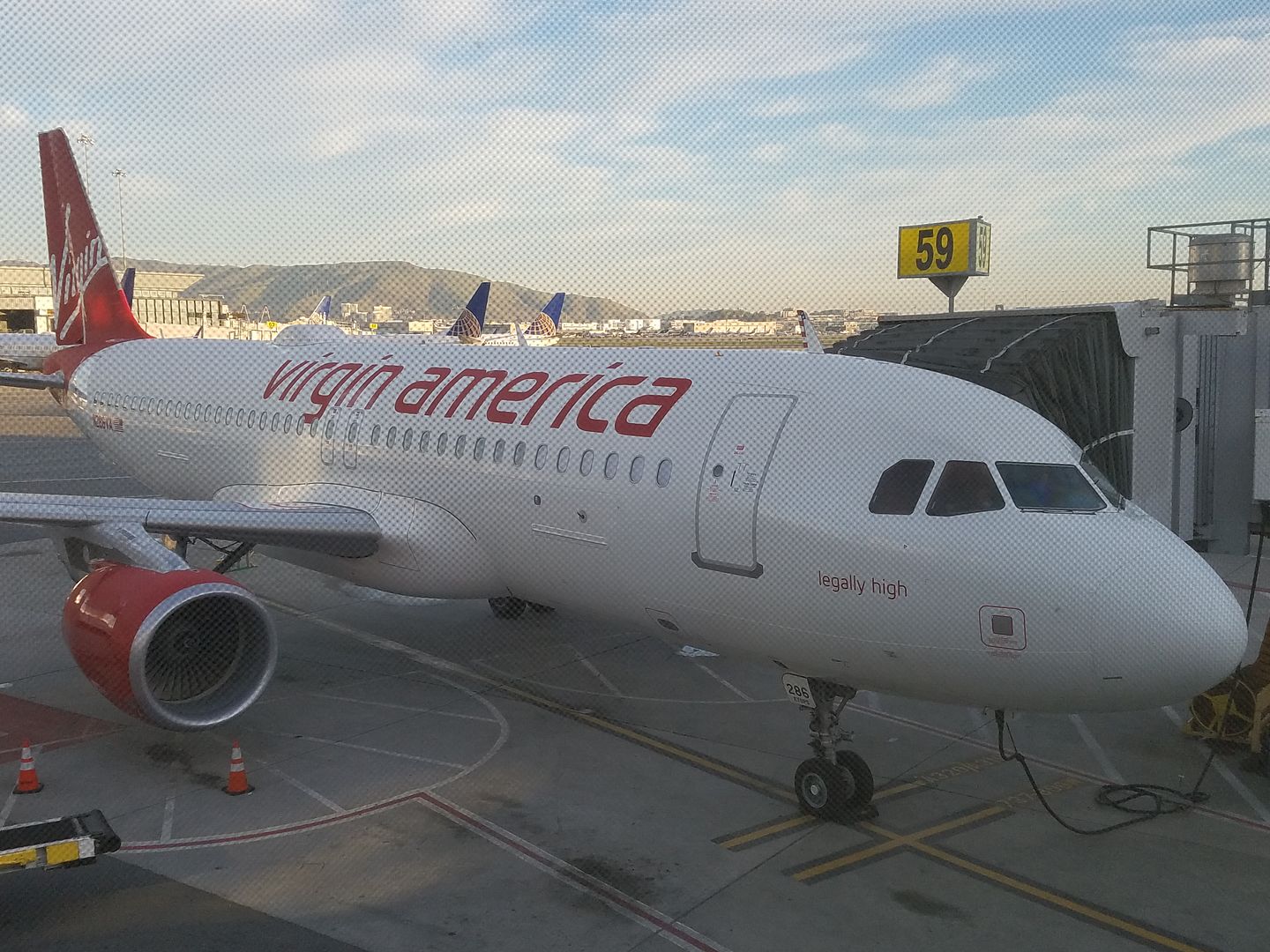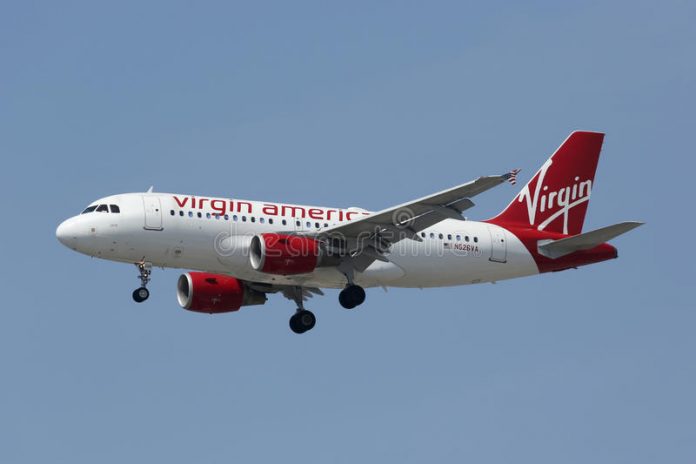Alaska Airlines acquired Virgin America in 2016 and did away with the Virgin brand. Virgin had a nicer first class product, so it was sad to see planes reconfigured. Alaska committed to its Boeing fleet, in contrast to Virgin’s Airbus narrowbodies.
What did Alaska get out of the deal? Slots and gates at congested airports, many of which Alaska has walked away from or underutilized. And they overpaid in a $2.6 billion deal for the privilege, having outbid JetBlue. Alaska does, though, inherit a San Francisco hub which is valuable and a customer base for its Bank of America co-brand credit card.
Alaska was never going to use the Virgin America brand. However with new, grander ambitions I thought a renaming was in order – something like ‘Alaska America’. Instead Virgin was largely folded into Alaska’s existing brand and operation.
Virgin Group takes issue with how it all went down. They cashed in, seeing their shares in Virgin America acquired at a premium to market. But they say they’re owed $160 million – a minimum brand license payment of $8 million per year through 2039 from the point that the carrier stopped using the name in 2019.
Virgin says they’re owed the money, whether the name is used or not. Alaska still has the right to use the brand, and no one else can use the brand in the U.S. [Virgin can’t start a competitor either way, Virgin America had to jump through enormous hoops to demonstrate that it was U.S.-owned and controlled and not violating protectionist laws here.]
Alaska says that’s a tortured reading of the contract, and one that would never have allowed Virgin America to operate if it were true because it would have run afoul of conditions set on the airline’s launch which required it be able to operate fully free of Virgin.

Alaska says the Virgin brand is useless to it, and it’s “a bizarre” reading of the agreement to require payments after a change in control and cessation of use of the brand.
Virgin says Alaska still gets value from the brand since it excludes competitors from using it, something that would be nearly impossible, though if it were still valuable Alaska’s position would imply that Virgin could re-license the name and capture value from it. Indeed Richard Branson pledged he would do just that, which suggests that Branson certainly thought use of the trademark reverted to Virgin. (Indeed, he repeated the claim multiple times.)
The case is being litigated in Commercial Court/ of the High Court of Justice of England and Wales. It costs Virgin only legal fees here, with significant upside either winning the case in front of a home court, or extracting a settlement.
























